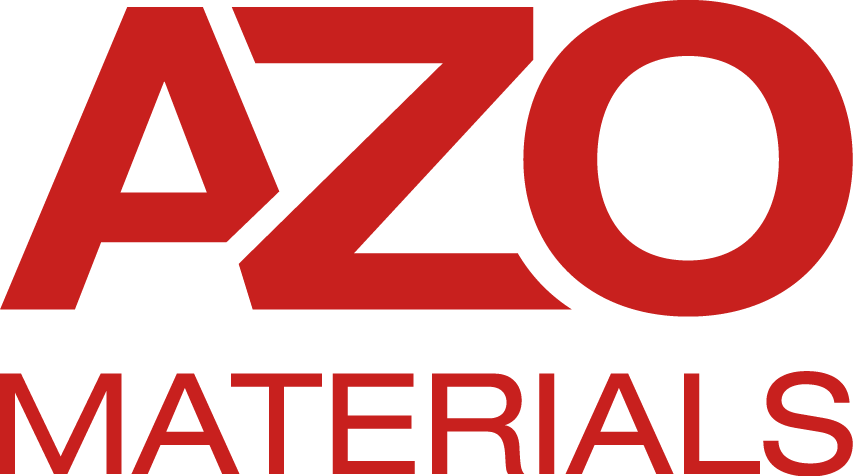Title: Advanced Monitoring Systems Set to Revolutionize Spacecraft Safety
As space exploration continues to expand, the risk of spacecraft damage remains a critical concern for agencies and companies alike. Advanced monitoring systems are emerging as a promising solution to safeguard these valuable assets. By leveraging cutting-edge technology, these systems aim to predict and prevent potential failures in spacecraft operations, enhancing safety and performance in an increasingly competitive space industry.
What are Advanced Monitoring Systems?
Advanced monitoring systems are innovative technological solutions designed to detect, analyze, and predict potential failures in spacecraft before they occur. These systems utilize a combination of sensors, data analytics, and artificial intelligence (AI) to monitor various parameters, providing real-time insights into the health and performance of a spacecraft.
The Need for Enhanced Spacecraft Monitoring
The need for sophisticated monitoring systems has never been more pressing, especially as the frequency of space missions increases. According to a recent report from the Space Data Association, over 15,000 satellites orbit the Earth, with thousands more planned to launch in the coming years. This burgeoning landscape creates a higher probability of collisions and operational failures, underscoring the importance of proactive measures.
Dr. Susan Verner, a leading engineer at the National Aeronautics and Space Administration (NASA), stated, “Safeguarding our spacecraft is essential not only for our missions but also for the future of space exploration. Implementing advanced monitoring systems is a step towards ensuring that we can tackle the challenges of space head-on.”
How Do These Systems Work?
The technology behind advanced monitoring systems combines several methodologies, including:
-
Sensor Integration: The systems utilize an array of sensors to collect data about the spacecraft’s systems, environmental conditions, and potential hazards. These sensors are capable of monitoring temperature, pressure, vibration, and more.
-
Data Processing and Analytics: Advanced algorithms process the collected data in real time, identifying patterns or anomalies that may indicate a potential issue. Machine learning models can further enhance the predictive capabilities of these systems by continuously learning from past failures.
- Alerts and Recommendations: In the event of a detected anomaly, the system can issue alerts and provide actionable insights, allowing operators to make informed decisions quickly. This can include recommended maintenance or system adjustments, facilitating quick interventions.
The Future of Space Missions
The implementation of advanced monitoring systems is expected to significantly impact the future of space missions across various sectors, including governmental space agencies, private aerospace companies, and satellite operators.
A notable example comes from SpaceX, which has started integrating advanced monitoring into its spacecraft. Tom Muller, Vice President of Propulsion Engineering at SpaceX, shared, “Our collaboration with cutting-edge technology firms has allowed us to implement real-time monitoring systems that enhance the reliability of our Falcon and Starship missions. This technology is not just about prevention; it’s about enabling safer exploration.”
Moreover, as technology evolves, these monitoring systems are likely to become more user-friendly and accessible. « As tools for monitoring become more sophisticated, even smaller organizations or universities can utilize them for their missions, » said Dr. Janice Hill, a space policy expert at the European Space Agency (ESA). « This democratization of technology can foster innovation across the industry. »
Impact on Technology Industry and Society
The introduction of advanced monitoring systems in spacecraft enhances safety but also holds broader implications for the technology industry and society at large. Increased reliability leads to cost savings in mission operations, ultimately benefiting consumers and taxpayers. As space travel becomes more routine, this technology could play a crucial role in reducing the risks associated with satellite deployments and space tourism ventures.
As public interest in space exploration grows, the presence of robust monitoring systems can also enhance public confidence. The reliable operation of space missions, driven by these advanced systems, supports educational and scientific advancements essential for societal progress.
Promoting Collaboration in the Industry
Addressing the challenges of spacecraft safety will require collaboration between various stakeholders, including governments, private enterprises, and academic institutions. Joint efforts can catalyze technological advancements while sharing insights and resources to develop a comprehensive approach to spacecraft monitoring.
Various forums, such as the International Astronautical Federation and the Space Data Association, are vital in fostering these conversations, bringing together thought leaders to discuss strategies and innovations in space monitoring. “Collaboration is key,” highlighted Dr. Verner. “Pooling our resources and knowledge is the best strategy to ensure that both governmental and commercial missions can operate more safely in space.”
As the technology community continues to innovate, advancements in monitoring systems will lay the groundwork for safer, more efficient space exploration. This progressive approach ensures that humanity can continue to reach for the stars while safeguarding the expensive and intricate technologies that make these ambitions possible.
Stay Informed and Engaged
As advancements in space monitoring technology continue to unfold, it is crucial for tech enthusiasts and professionals to stay informed. This can be achieved through further reading on platforms like TechCrunch, The Verge, and Wired.
We invite our readers to share their thoughts on the importance of advanced monitoring systems in spacecraft safety. Your insights can contribute to a broader dialogue about our responsibilities in managing space exploration effectively. What are your expectations for the future of spacecraft monitoring technology? Share your opinions in the comments section!

